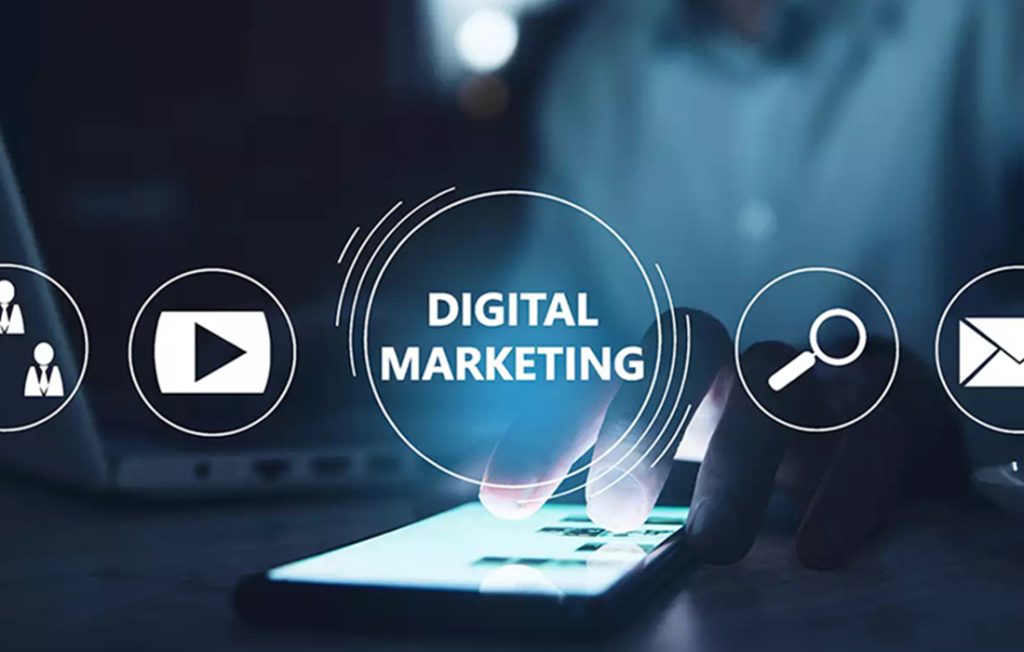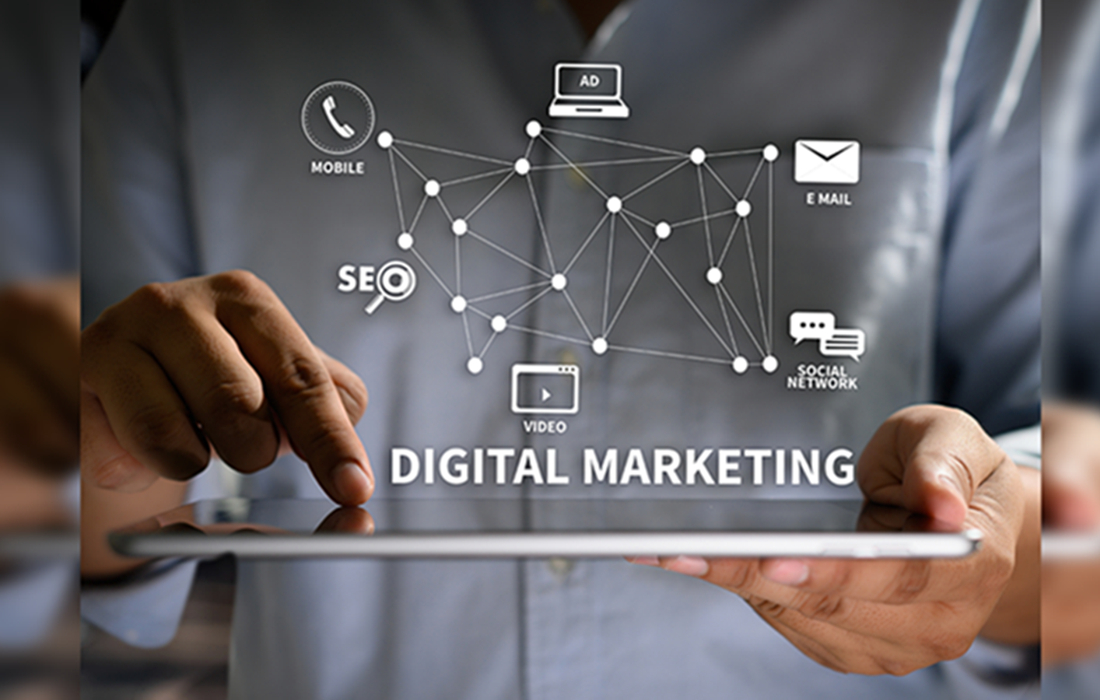Digital marketing, at its core, involves the promotion of products or services using digital platforms. This marketing strategy is divided into several key components: Search Engine Optimization (SEO), Social Media Marketing (SMM), Content Marketing, Email Marketing, and Pay-Per-Click (PPC) advertising.
SEO, a critical aspect of digital marketing, involves optimizing a website to rank higher on search engine results pages. This approach increases visibility, driving organic traffic to the website. SMM, on the other hand, utilizes social media platforms to engage with customers, generate leads, and build brand awareness.
Content Marketing focuses on creating and distributing valuable content to attract and retain a clearly defined audience, with the ultimate goal of driving profitable customer action. Email Marketing, a direct form of marketing, communicates with potential customers through emails, fostering relationships and promoting products or services. Lastly, PPC advertising is a model where advertisers pay a fee each time one of their ads is clicked, driving traffic to their website.
The power of digital marketing lies in its ability to provide real-time data, enabling businesses to adapt and refine their strategies promptly. It offers a cost-effective way to reach a vast audience, ensuring a higher return on investment.
However, the digital marketing landscape is not without challenges. Businesses must stay updated with the fast-paced changes in technology, consumer behavior, and market trends. They also need to navigate the complexities of data privacy regulations.
Digital marketing is not just an option but a necessity in today’s digital era. It has revolutionized the way businesses operate, providing them with innovative tools to engage with their customers, enhance their brand visibility, and drive growth.

Hi~Living Deals from "Erno Laszlo"









